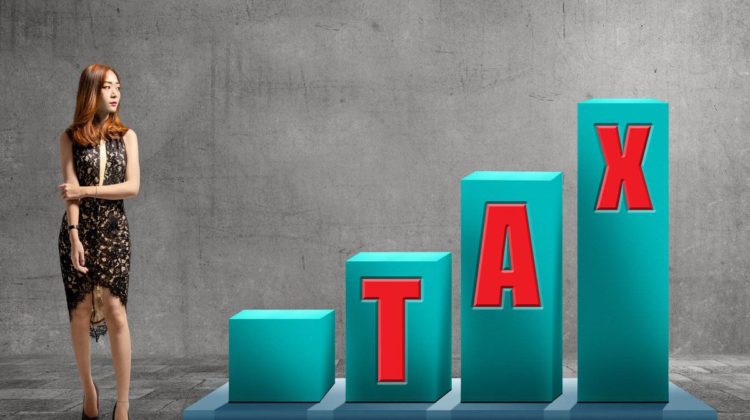
Higher taxes
getty
The Biden administration has proposed big hikes in federal outlays and also in taxes, at least for the upper end of the income spectrum. What would this mean for investors, we wondered? So the best folks to ask are Nicholas Atkeson and Andrew Houghton, principals at Delta Investment Management, in San Francisco.
Larry Light: The common thread for these plans from the White House is the epidemic, seems to me.
Nicholas Atkeson: Some people who have had Covid-19 suffer from “long-haul” symptoms for months after they were first infected. The CDC lists some of those symptoms as fatigue, headache, chest pain, shortness of breath, depression.
Somewhat like negative physical symptoms, the economy is likely to suffer from negative long-haul economic symptoms as a result of Covid. One of the more concerning potential long-haul symptoms are higher taxes for years to come.
Light: What are the consequences of that?
Andrew Houghton: Closing the economy and then redistributing trillions of tax-payer dollars back out to the economy to avoid total economic collapse has caused the federal net debt to be larger than the entire gross domestic product of the United States.
Light: What does history tell us?
Atkeson: The last time the federal net debt was this high as a percent of GDP was at the end of World War II. From 1940 to 1944, the number of households that paid taxes rose from 7% to 64%. The top individual tax rate rose to 94% and remained at 91% for nearly two decades until 1964. The top federal tax rate never fell below 70% until the 1970s.
Other than for a few years in the late 1990s, the federal government has been deficit spending—spending more than its income. It is highly unlikely that taxpayers can relied on reduced government spending in future years as a mechanism to reduce the total debt burden.
Light: What does this mean for us going forward?
Houghton: The tax proposals being considered today include increases in personal, corporate, capital gains and estate tax rates.
Taxes represent a redistribution of income from the private sector to the public sector. Usually, the market believes the private sector is more efficient at putting capital to work than the public sector. Additionally, as the public sector debt burden grows and taxes are increasingly used to service existing debt, the productivity of capital is further lowered.
Light: Specifically, what does it all mean for investors?
Atkeson: Higher taxes are a reason to expect potentially lower average annual stock market returns as a long-haul Covid effect.
As taxes rise, their importance in terms of what investment choices an investor makes also rises. Issues including qualified versus non-qualified accounts, Roth IRA versus standard IRA, tax-free investments like municipal bonds, investment approach, timing of realizing capital gains, etc. These should be considered.
Houghton: Taxes should almost never be the fundamental reason for making an investment. But as tax rates rise, they become an important additional consideration.
